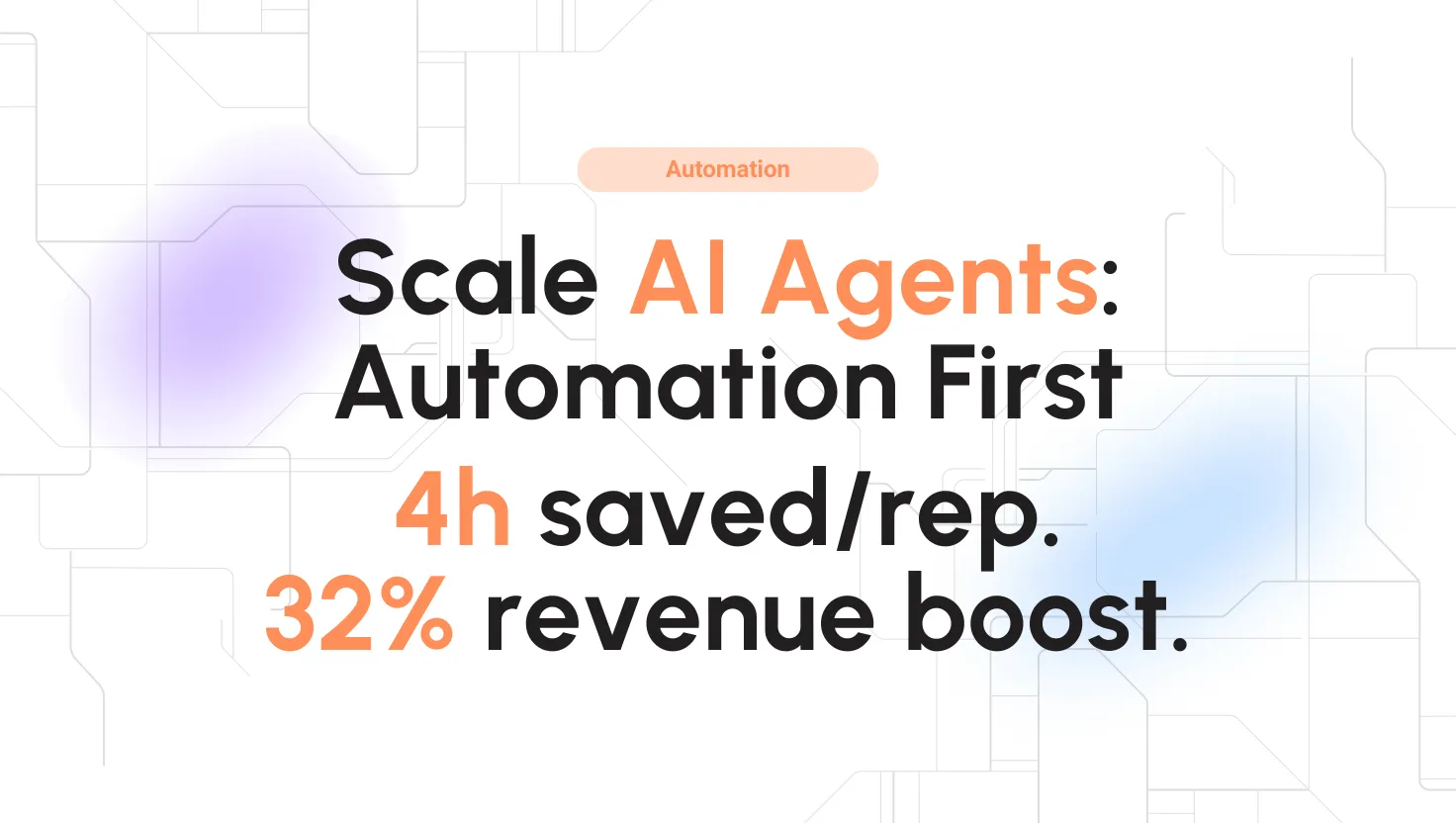
Diib Alternatives for 2026
Save 40% on your SaaS stack with expert guidance
Free Consultation
Diib vs. Similar Products
Select up to 3 Software, to enable Comparison
Compare Selected SoftwareEditorial Review: Diib Alternatives Deep Dive
Table of Contents
If you are looking for a more complex tool and this Diib review made you think it might not be that tool, here are some Diib alternatives.
However, Diib was built for people who want something simple, fast, and easy to grow their website without wanting to understand how SEO works, which is great for small businesses, entrepreneurs, individuals, or freelancers. Thus, if you need something more advanced, a software product that will help you bring your website to the first positions in Google and your customers to find you organic, I think you need another tool. Yet, Diib is a great tool to try, and you can work in parallel with other more complex tools.
But let’s see what other SEO tools are Diib alternatives:
- Ahrefs
- Semrush
- Moz
Diib is a great and easy-to-use SEO tool if you are new to this digital world. Nowadays, every business doesn’t exist for users if it’s not present online, on a website, for example. Thus, if you want to bring more traffic to your website and understand some basic SEO rules without having to pay an SEO specialist to help you with a strategy, then Diib might be your tool.
Indeed, if you are a newcomer in this online world, Diib may live up to your expectations. But, if you are looking for a more complex tool to do more than help you bring traffic to your website, then you have to look elsewhere. Some big SEO software products in the market are more complex than Diib, and it isn’t easy to work with them even though they offer great insight and features for your website SEO. I would call them SEO titans. But let’s see some Diib alternatives; in the end, you can see if this is what you need.
Ahrefs vs. Diib
First of all, let’s start with Ahrefs. Ahrefs is no stranger to you if you’re familiar with SEO. I’ve been using their platform, and the first difference between these two that comes to my mind is the complexity of Ahrefs. This tool is a toolset, not just a platform for SEO and marketing. Moreover, with Ahrefs, you can crawl the web, store tons of data, and make it easily accessible via a simple user interface. You can use the data to aid keyword research, link building, content marketing, and SEO strategies. Ultimately, the tool helps to accelerate the growth of organic search traffic to a website.
On the other hand, Diib is more simple. They say you can scan your website in 60 seconds and sync Diib to your Google Analytics to spot issues, improve SEO and build an easy-to-follow growth plan to increase your social, mobile, and organic traffic. So if you ask me for Diib, you don’t have to be an SEO geek to understand the data that they are showing you. But if you want to use Ahrefs at its full potential, you might need a specialist.
Ahrefs vs. Diib Pricing
All great tools are expensive, or you have to see them as an investment. Diib offers a free version with limited features, but it is not enough if you expect more from your website. Or websites. That’s why I recommend purchasing the premium plan, which starts from $29.99 per month.
On the other hand, Ahrefs is much more expensive. But, again, it is doing much more than Diib. So we can’t compare apples with pears. So, the Lite plan starts from $99 per month. And they don’t offer a free plan. It’s understandable. Ahrefs is an SEO titan, and people who are using it or want to use it know about SEO. And the most premium plan is the Agency which costs $999 per month.
To sum up, I don’t think that I can compare these tools. Yet, I can help you understand what you need. If you want lite help for your website, go with Diib. But if you already have a website and want to grow it big, go with Ahrefs.
Semrush vs. Diib
When compared, Diib and SEMrush offer robust SEO tools tailored for different user needs and expertise levels. Here’s a comprehensive comparison to help you determine which might be best for your business needs.
Diib is tailored more towards small to medium-sized businesses seeking straightforward SEO tools without requiring extensive technical knowledge. It integrates with your analytics and provides easy-to-understand growth plans and real-time suggestions. Diib focuses on helping users improve SEO, monitor competitor rankings, and gain actionable insights through a user-friendly interface. However, its backlink analysis is less detailed compared to some competitors, not distinguishing between do-follow and no-follow links.
Semrush, on the other hand, offers a comprehensive suite of tools that are beneficial for businesses and marketers who need a more in-depth analysis of their SEO, content marketing, competitor data, and PPC campaigns. It includes features such as keyword research, site audits, and detailed analytics. Semrush is ideal for users who require a detailed and granular approach to SEO and digital marketing strategies. However, this might be overwhelming for beginners or smaller businesses due to its complexity and cost.
Similarities & Differences
Both tools provide SEO monitoring and performance suggestions, but Diib emphasizes ease of use and quick insights, making it suitable for less tech-savvy users or smaller operations. Semrush caters to a more advanced audience with detailed reports and data-driven strategies, which suits larger businesses or those deeply invested in comprehensive digital marketing campaigns.
Diib Alternatives Conclusion
In conclusion, Diib is best suited for those new to SEO or with small businesses, offering simple tools and insights to improve online presence without complexity. For more sophisticated SEO and digital marketing needs, Semrush provides a comprehensive toolkit for deeper analysis and strategic planning, ideal for larger businesses or experienced marketers. Both cater to distinct audiences based on expertise and business size.







